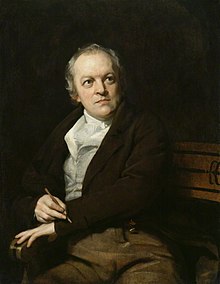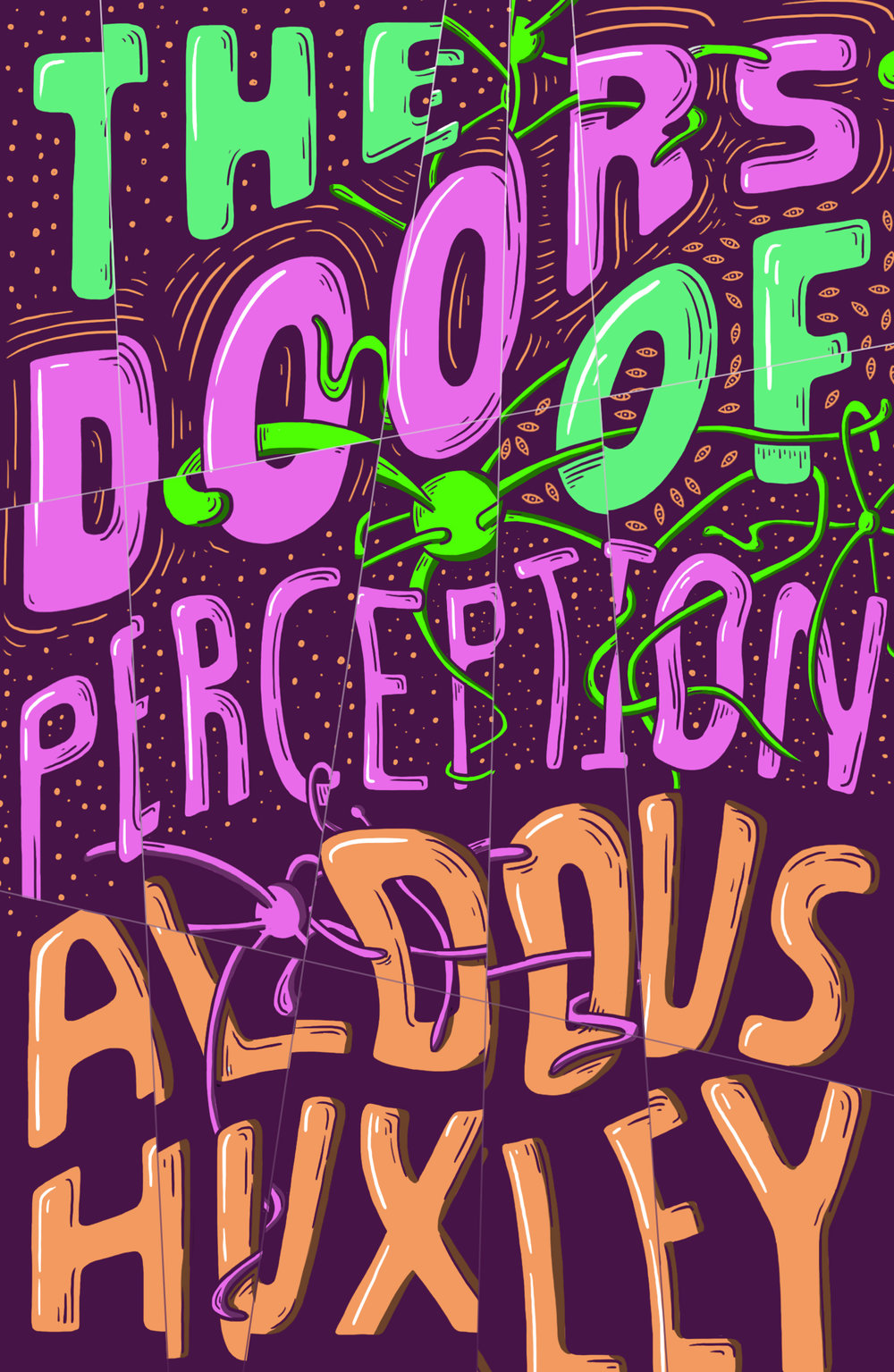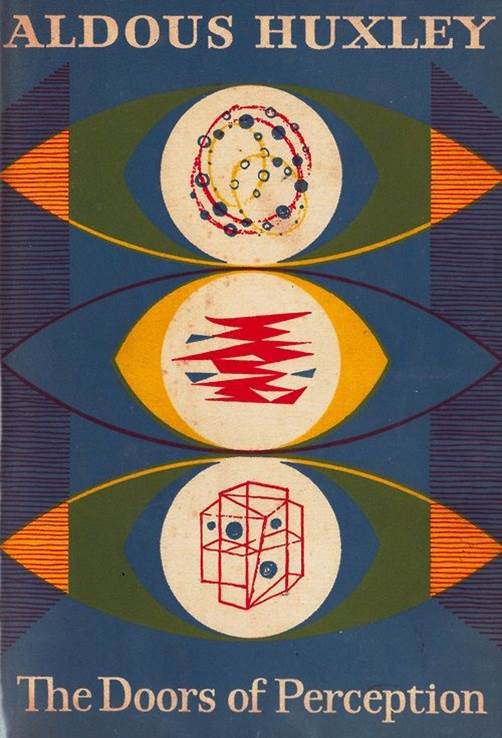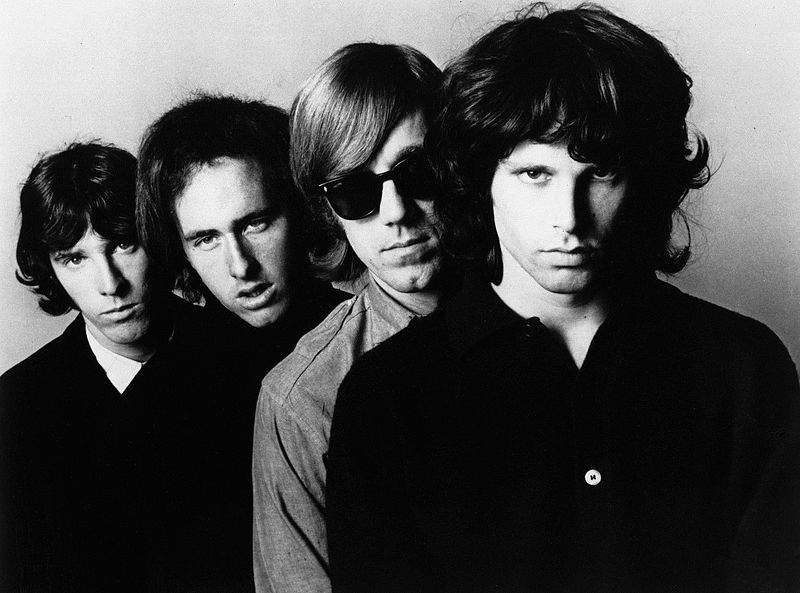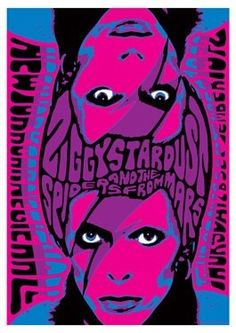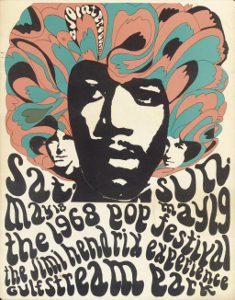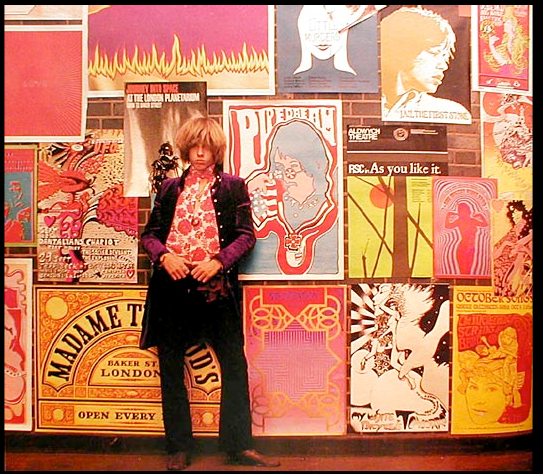The doors of perception - a different type of Doorway
Doorways do not have to represent thresholds in the physical world. They can represent thresholds into new thoughts, new ways of seeing, new ways of comprehending our world.
Many authors, musicians and artists have sought to express the idea of doors opening in our mind.
HG Wells’s short story The Door in the Wall was first published in 1911. It is a story about politician Lionel Wallace who, while growing up in a joyless home, discovers a door in a wall leading to an enchanted garden. Wells uses the door as a metaphor for a door in Wallace's mind, representing his discovery of the different parts of his psyche - particularly his rationality and his imagination. Wells explores the difficulty of choosing between them, and moreover the fear of losing one part of yourself - ie of closing the door. Wallace’s inability to bridge the gap between his imagination and his rational, scientific side eventually leads to his death.
Aldous Huxley picked up this theme in his famous 1954 philosophical essay The Doors of Perception. This chronicles the author's experience of a mescaline trip that took place over the course of an afternoon the previous May. As a result of being administered the (now illegal Class A) drug, he experiences a great change in his perception of the world around him - a vase of flowers, for instance, becomes the "miracle, moment by moment, of naked existence" - and of his own existence, thoughts and feelings. Taking the title from William Blake's poem The Marriage of Heaven and Hell, Huxley likens his experience to a door opening in his mind.
“If the doors of perception were cleansed every thing would appear to man as it is, Infinite. For man has closed himself up, till he sees all things thro’ narrow chinks of his cavern.”
In the poem that this comes from, published in 1790, Blake outlines his belief that each person reflects the contrary nature of God. He outlines the contradictions within all of us - good and evil, energy and reason (hence the 'marriage' of Heaven and Hell). It was this contradiction that Wells grappled with in The Door in the Wall. In this particular section of his poem, Blake cautions against closing these 'doors' in our mind and to instead realise the true worth of the variety - contradictions and all - of world around us.
Image: William Blake by Thomas Phillips, National Portrait Gallery
Back to 1953 and following his experience on mescaline, Aldous Huxley reflected that to enable us to live day to day, the brain eliminates all 'unessential' information from the mind at large. He reflects how his experience on the drug removed this filter. In this way, and in reference to Blake's poem, he describes how the drug opened doors to new insights.
So why doorways? After his trip, Huxley reflected that the urge to transcend one's self was a universal desire through times and cultures. The 'door' metaphor reflects this - an opening into a new understanding of the world, of a new part of ourselves - and the reference to Blake's poem reflects both Huxley's own experience of his widening perception, but the perils of the inherent contrariness of which Wells too had written.
Huxley's book was to be as influential as Blake's poem. Not least, in 1965, at front man Jim Morrison's insistence, an American rock band named itself The Doors as a reference to Huxley's book. Fittingly, many of their songs reflected the psychedelic musical movement of the late '60s which sought to replicate the mind-altering experiences of psychedelic drugs - notably the illegal drug LSD - all of which (in a way similar to Huxley's experience of mescaline) change the way the user experiences reality.
The metaphor of opening doors in the mind to provide new perspectives, new insights, is not restricted to users of dangerous hard drugs. Meditation has been practiced since antiquity in numerous religious traditions and beliefs, spreading across the world from its origins in Asia. Many practitioners use the metaphor of doorways to describe the experience - often to describe thresholds to new ways of thinking, feeling or experiencing the world. Others describe the experience of providing access to areas of the psyche or memory otherwise 'locked'.
Inspired? (to create art, music or poetry, not to take drugs, please. Drugs are bad.) This is an open call-out for artists and creatives in any media to submit responses to the theme of 'Doorways'.
Remember, you can follow us @DoorwaysArt2018 on twitter, and keep and eye on this blog for more updates, ideas and inspiration.
To ask us a question, and to submit your work for Doorways for Fringe Arts Bath 2018 by the deadline of 20th March, email doorways@fringeartsbath.co.uk. Check the FaB website for details of how to apply.

